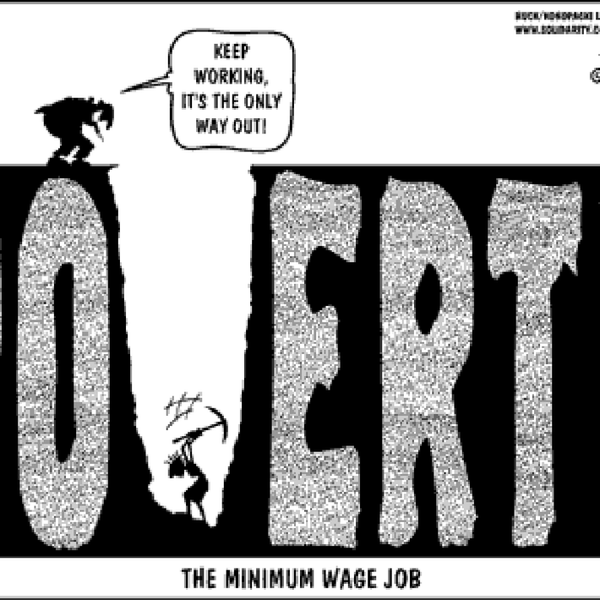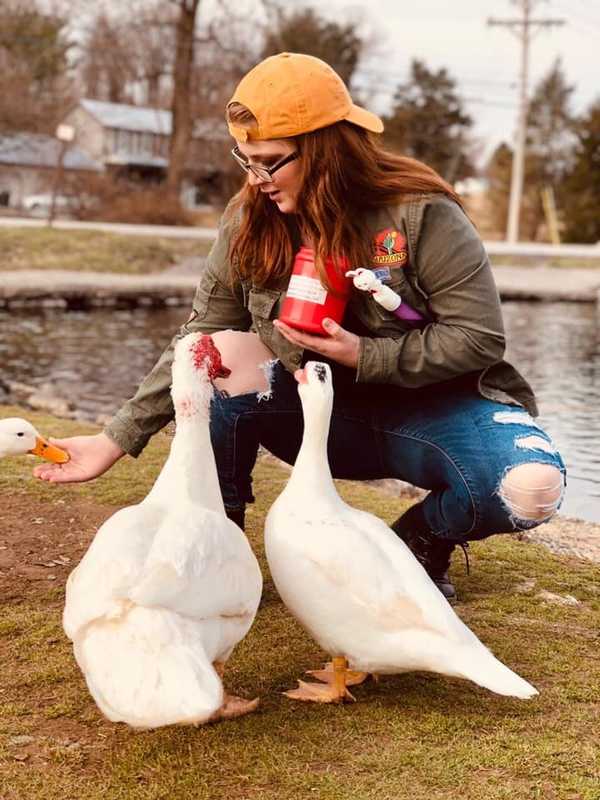Venezuela’s levels of poverty are increasing every day. Streets are lined with people waiting their turn to enter the supermarkets and hope they get a chance to buy necessities. They are lucky if they find a packet of corn flour and butter. But how did it come to this? I mean, Venezuela sits on top of the biggest oil reserve in the world, so it should be a pretty well developed country. How bad is the state of the country really?
Just like it has happened, and is happening to many other countries, corruption got the best of Venezuela. The current situation is this; the monthly minimum wage is $15 and the Bolivar (the national currency) is going through a 700 percent inflation rate according to NPR. The Bolivar’s inflation it is predicted to increase to 1,642 percent by next year. And as to the unemployment rate, the country does not disclose this kind of information but the IMF predicts that it will be 17 percent this year and 21 percent in 2017.
Since Hugo Chavez implemented a socialist revolution during his rule, the government decides on the prices of goods, unfortunately the minister of finance, Luis Salas, is not doing such a great job at that. In my humble opinion, a person who believes that “inflation does not exist,” such as Salas, should not be let anywhere near a country’s budget. In an article I found by Reuters, it highlights the ridiculousness of Salas’ office. He basically thinks that what people call “inflation” is actually caused by ambitious companies that skyrocket their prices, not by excess printing of money.
So now, to drive the graveness of this situation home, remember that the minimum wage is $15 dollars per month. Now let me list the prices of some staple foods (info provided by Numbeo):
Dozen of eggs: $1.74
One pound of rice: 30 cents
One gallon of milk: $3.39
One pound of chicken: $2.18
One loaf of bread: 72 cents
Also, keep in mind that an average family in South America is about four people. So if these are the prices for food, imagine everything else that needs to be paid for, like clothing and housing.
On July 10, Venezuela opened its borders, which were closed since last August to prevent corruption (unsuccessfully). In the 12 hours that the borders were opened, Venezuelans swarmed into Colombia to buy much needed groceries or medicines.
Venezuela’s president, Nicolas Maduro, declared the country in state of emergency because he claimed outside plots against Venezuela were taking place. So Venezuela’s poverty is truly alarming.
In this article I made sure to draw attention to the poverty that the individuals in Venezuela live in with some specific statistics to really understand the problem. Next week I will write about how Venezuela’s government drove the country bankrupt, so make sure to keep an eye out for that!





















